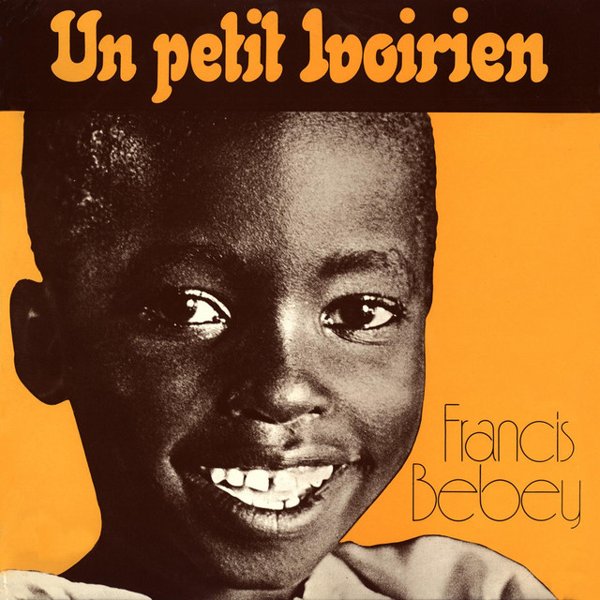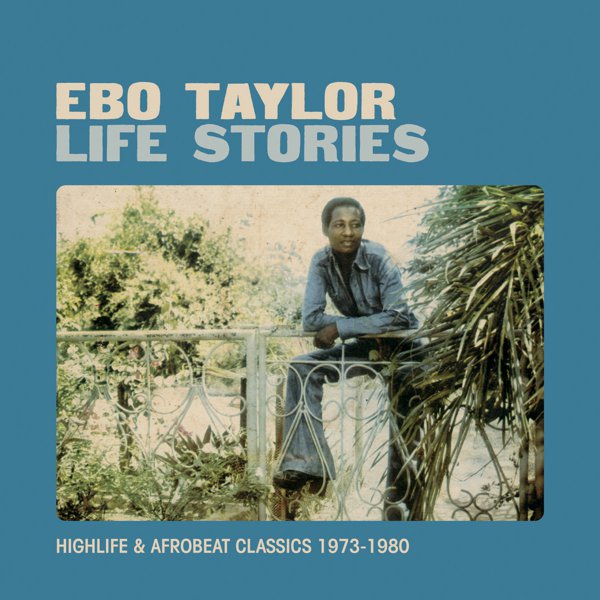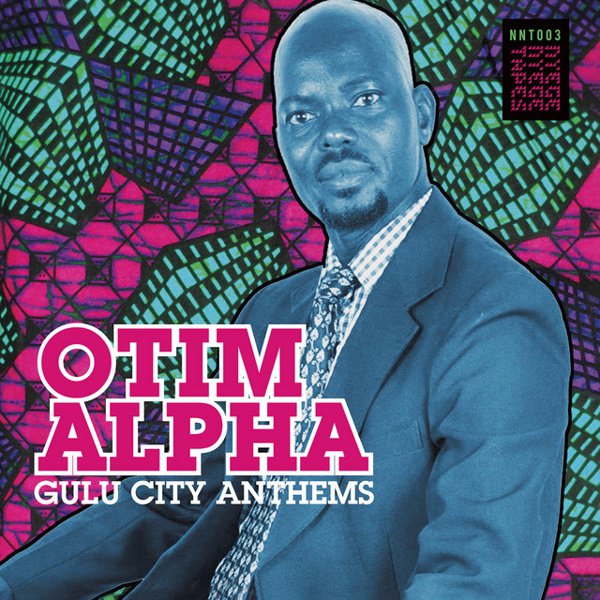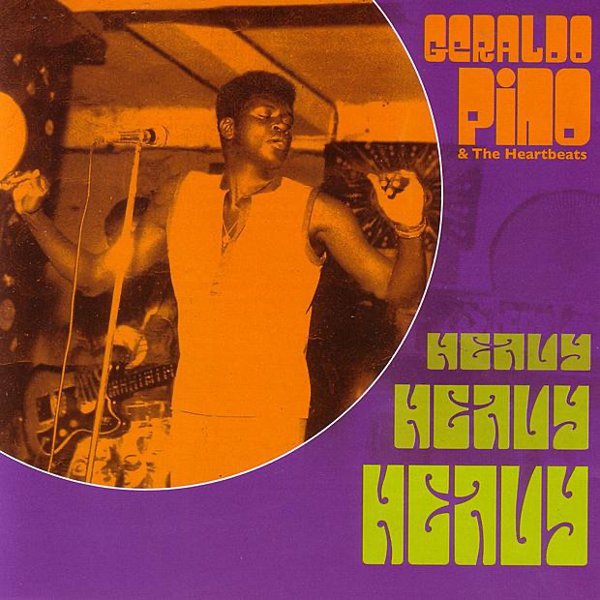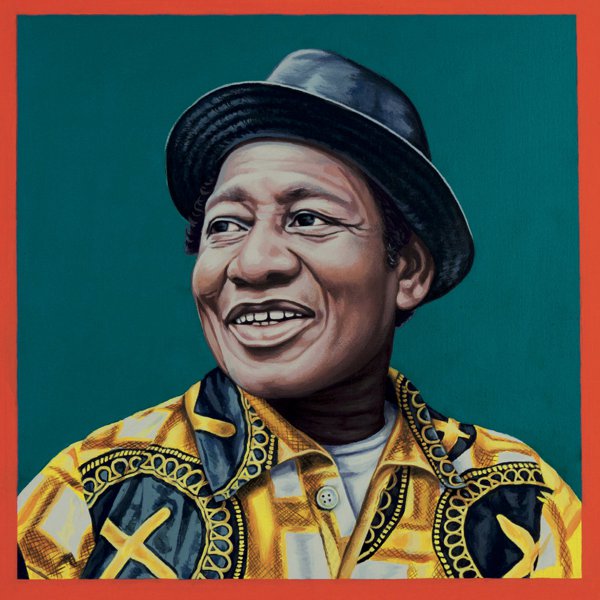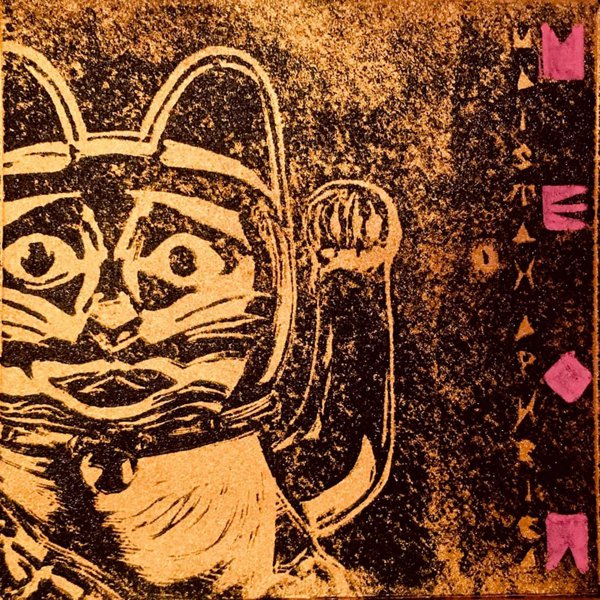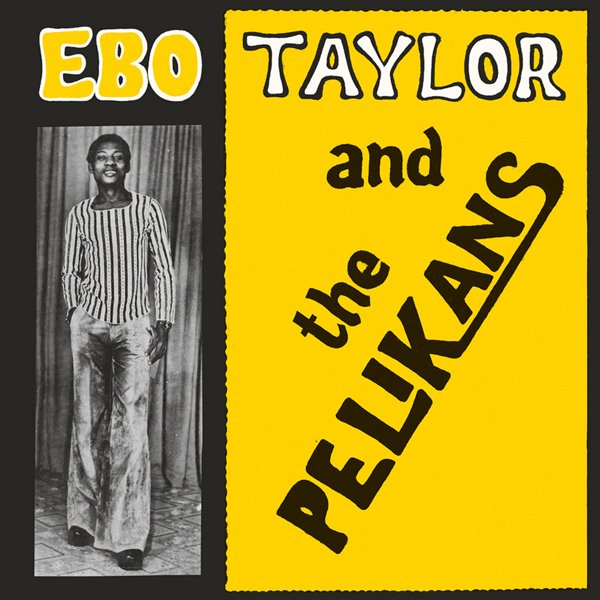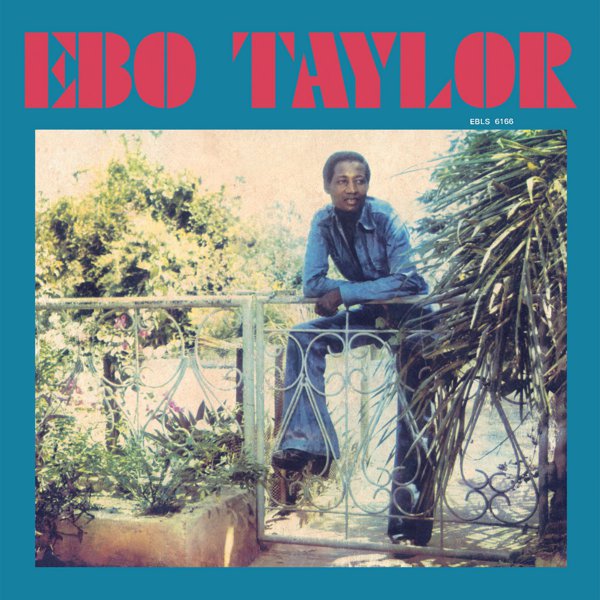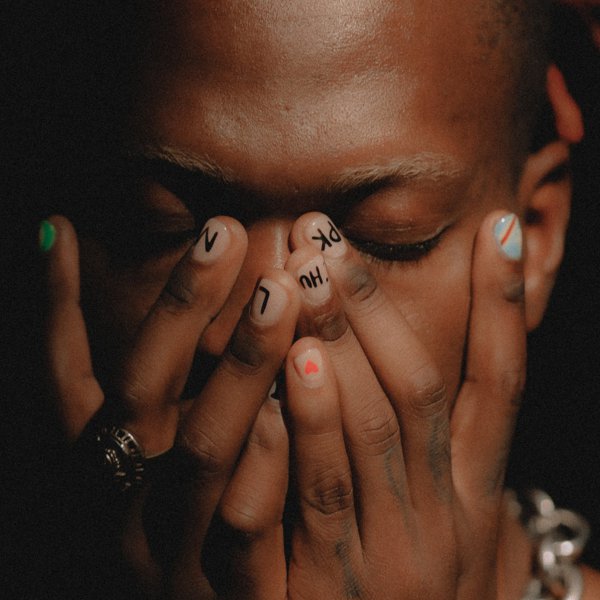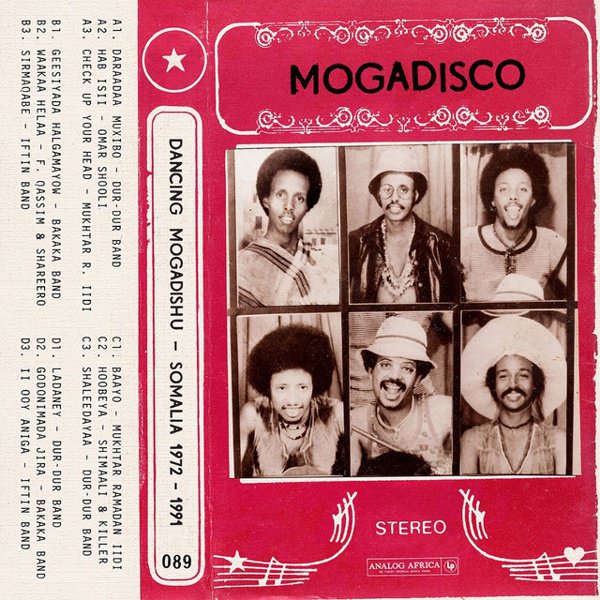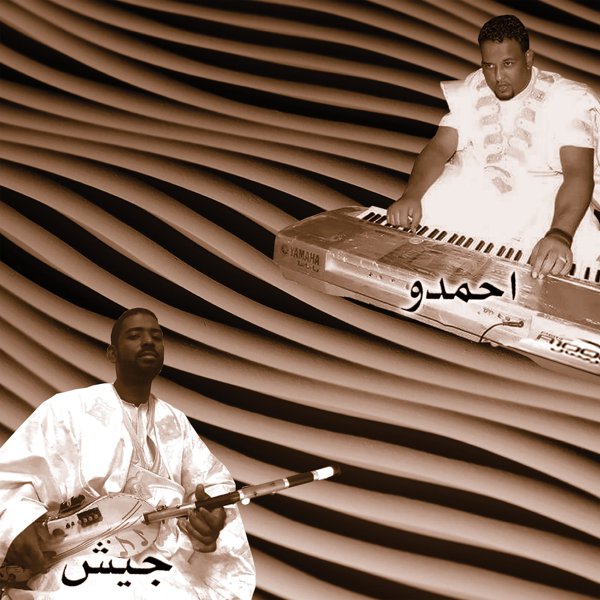Un Petit Ivoirien
Since moving to Paris from Douala, Cameroon, in the 1950s, Francis Bebey had been reflecting (through his poetry and other writings) on the development of African music, criticizing the West’s obsession with “authenticity” and the belief that African music could not modernize without losing some of its “Africcanness.” He set out his manifesto in his 1969 treatise African Music: A People’s Art, and in 1976 he put his theories in practice for the first time on the album Savannah Georgia, placing synths, keyboards, and drum machines alongside traditional instruments such as xylophones, harps, flutes, and percussion. Though he didn’t make a splash in the budding “World Music” industry, probably because of the prejudices around “contaminated” African music, his style went on to influence a whole generation of forward-looking African musicians, such as fellow Cameroonian Manu Dibango and Guinean kora player Mory Kante. The 1979 record Petit Ivoirien is not as well known as some of his others (he released over 20 albums on his Ozileka label), but it’s as fine an example of his early style as any other. The looping acoustic guitar riff of “Tiers Monde” is reminiscent of some of Bebey’s older guitar pieces, but it’s accompanied by a joyful keyboard melody, shuffling drum machine rhythms, and flourishes of organic percussion. It’s all the more impressive knowing that Bebey played all of his own instruments and recorded using the “sound on sound” technique (recording different tracks over the same tape) in his home studio. His deep, expressive voice take center stage on several tracks, but while on the percussion-laden “Il N’y a Pas de Crocodiles a Cocody” his delivery is self-assured and humorous, on “Berceuse Bantou” (Bantu Lullaby) he sings delicately, matching his gentle guitar playing and light pygmy flute melodies.

